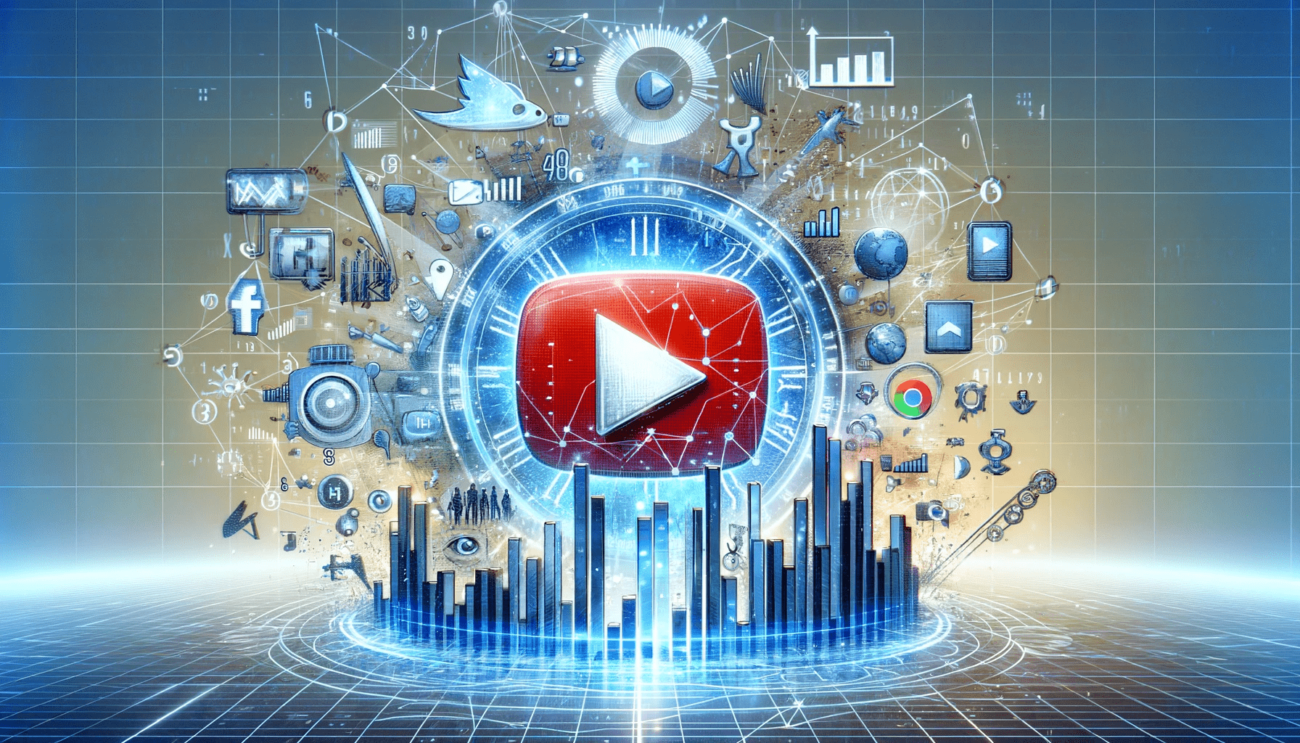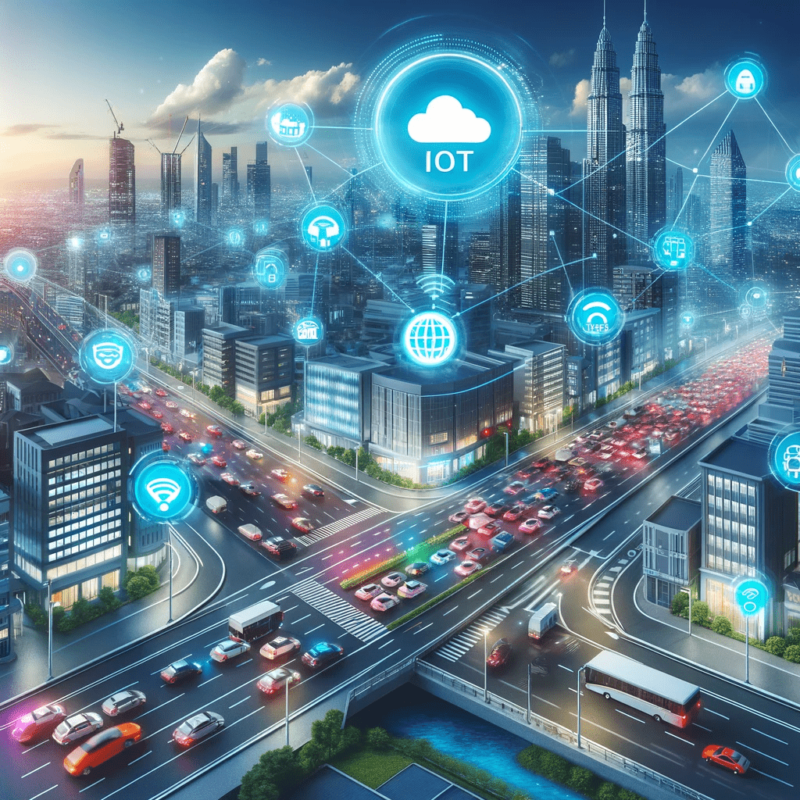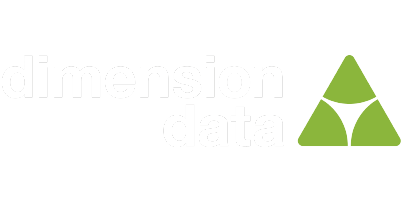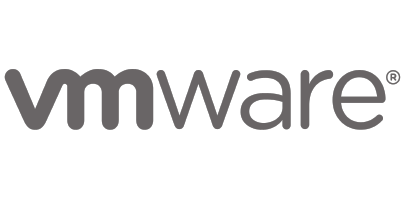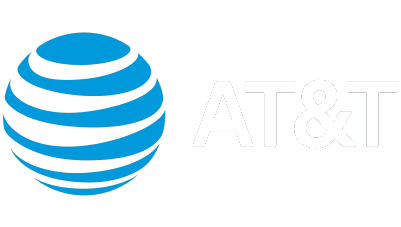Recent Blogs
What is IoT? What are the advantages?


We continue to teach IoT with successful events.
IoTWF 2017 - Martin Lee - The Security Vulnerabilities of IoT
Martin Lee from Talos talking on IoT security issues during Internet of Things World Forum (IoTWF) 2017, industry event hosted by Cisco.
Our sponsors who trust us
How Much Do Trust Us?
We provided continuous support to our sponsors during the transition.
Why did they choose us?
Together with our expert staff, we produced solutions in line with the needs.
What is IoT?
The Internet of Things, or IoT, is a network of physical objects that are connected to the internet and can share data. These objects can include everything from everyday items like thermostats and light bulbs to more complex systems like cars and industrial machinery. The IoT allows for these objects to communicate with each other and with other devices, such as computers and smartphones. This communication can happen through a variety of means, including Wi-Fi, Bluetooth, and cellular data. The IoT has the potential to revolutionize the way we live, work, and play. It can improve efficiency in a variety of industries, from manufacturing to healthcare. It can also make our homes more comfortable and our lives more convenient. The possibilities are truly endless.
How does IOT work?
While the internet is often associated with things like Netflix and social media, it’s also a key ingredient in modern-day living. In fact, almost every aspect of our lives can be linked back to this humble yet powerful network: from managing home security through sensors that monitor temperature fluctuations or movement catches; to tracking groceries as they travel across town using connected nodes along transport routes – even checking out at your local coffee shop! But what about all those transactions? The thing about IoT (or “the Intertubes”) isn’t just how much data flows through them—it’s who has access control over these networks which determine both safety concerns but also potential opportunities for economic growth…
What is IOT’s ability?
One of the key benefits of the IoT is its ability to collect data. This data can be used to improve a variety of processes, from retail inventory management to traffic congestion. The IoT can also help us better understand our physical world and the way we interact with it. By collecting data on everything from the weather to our driving habits, the IoT has the potential to provide us with valuable insights into our planet and ourselves.
The IoT is still in its infancy, but it is growing rapidly. According to a report from Gartner, there will be nearly 40 billion devices connected to the internet by 2023. This growth is being driven by a variety of factors, including falling costs, improved connectivity, and increasing demand for connected devices. As the IoT continues to grow, we can expect to see even more amazing and transformative applications.

